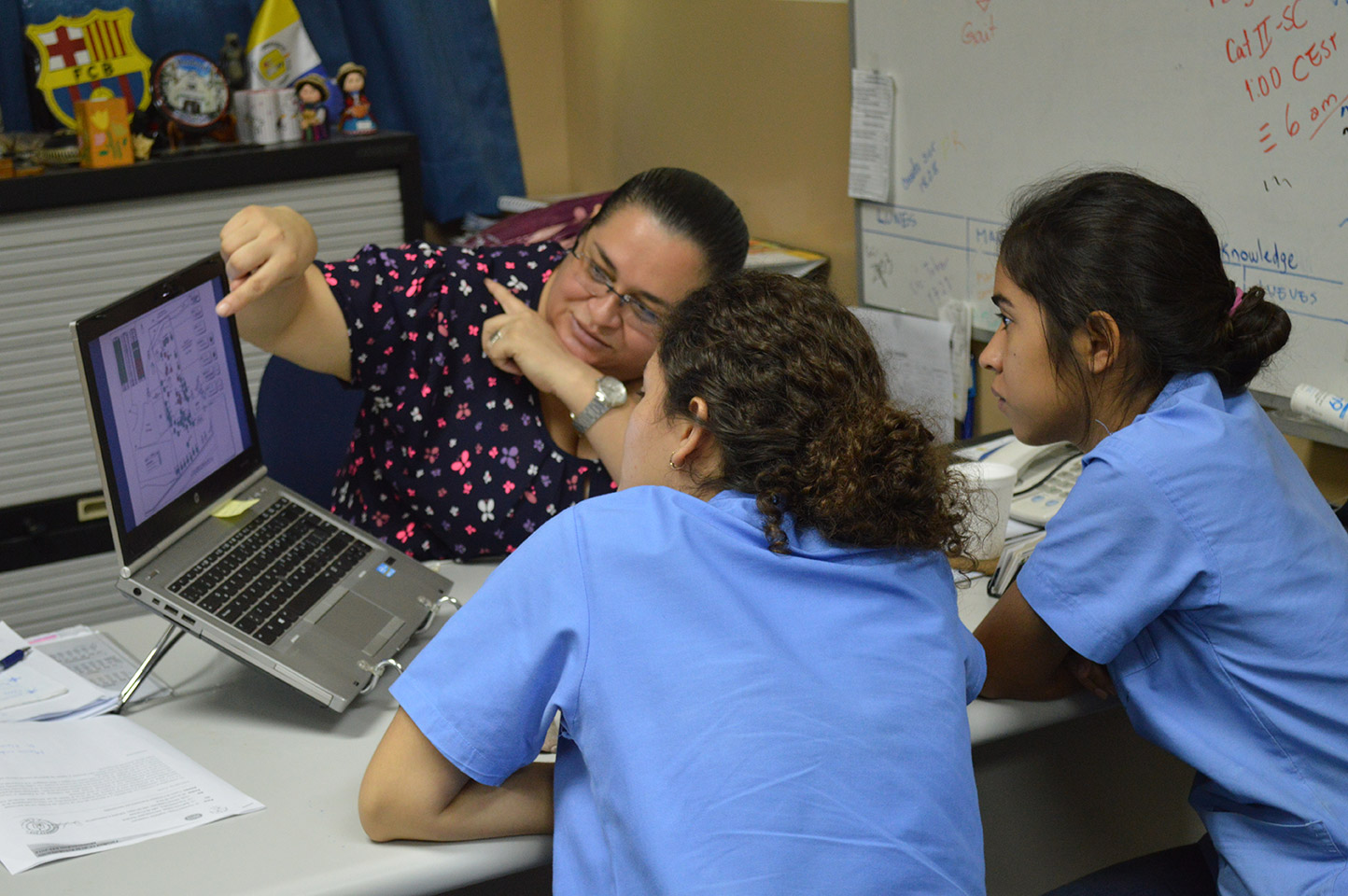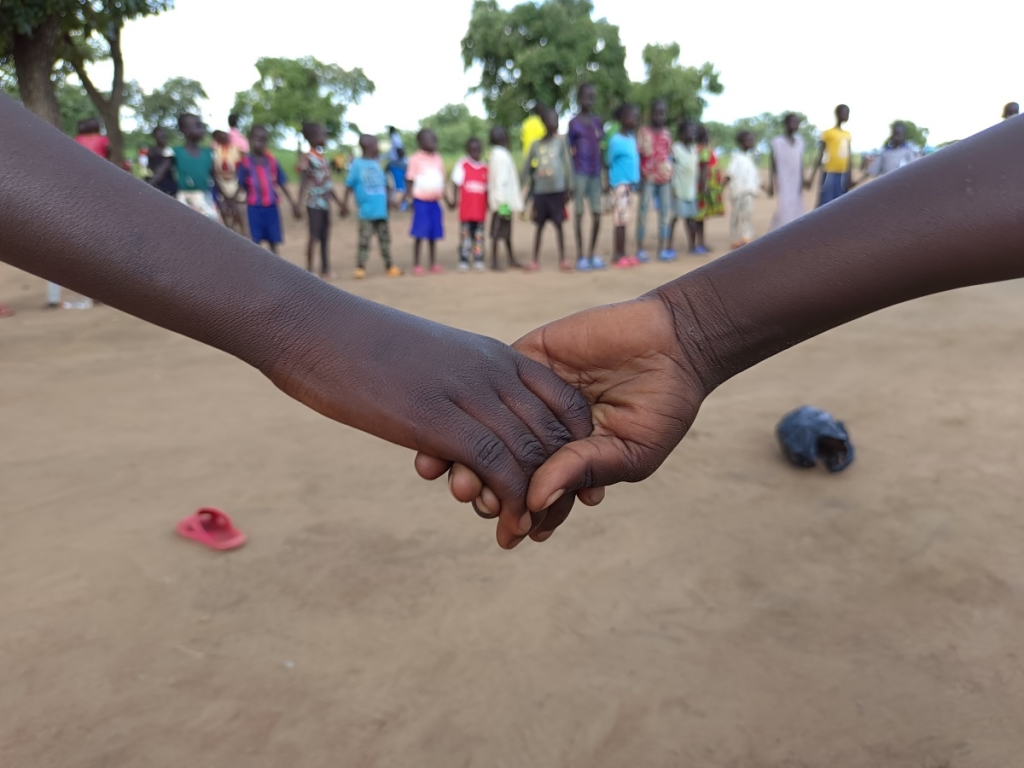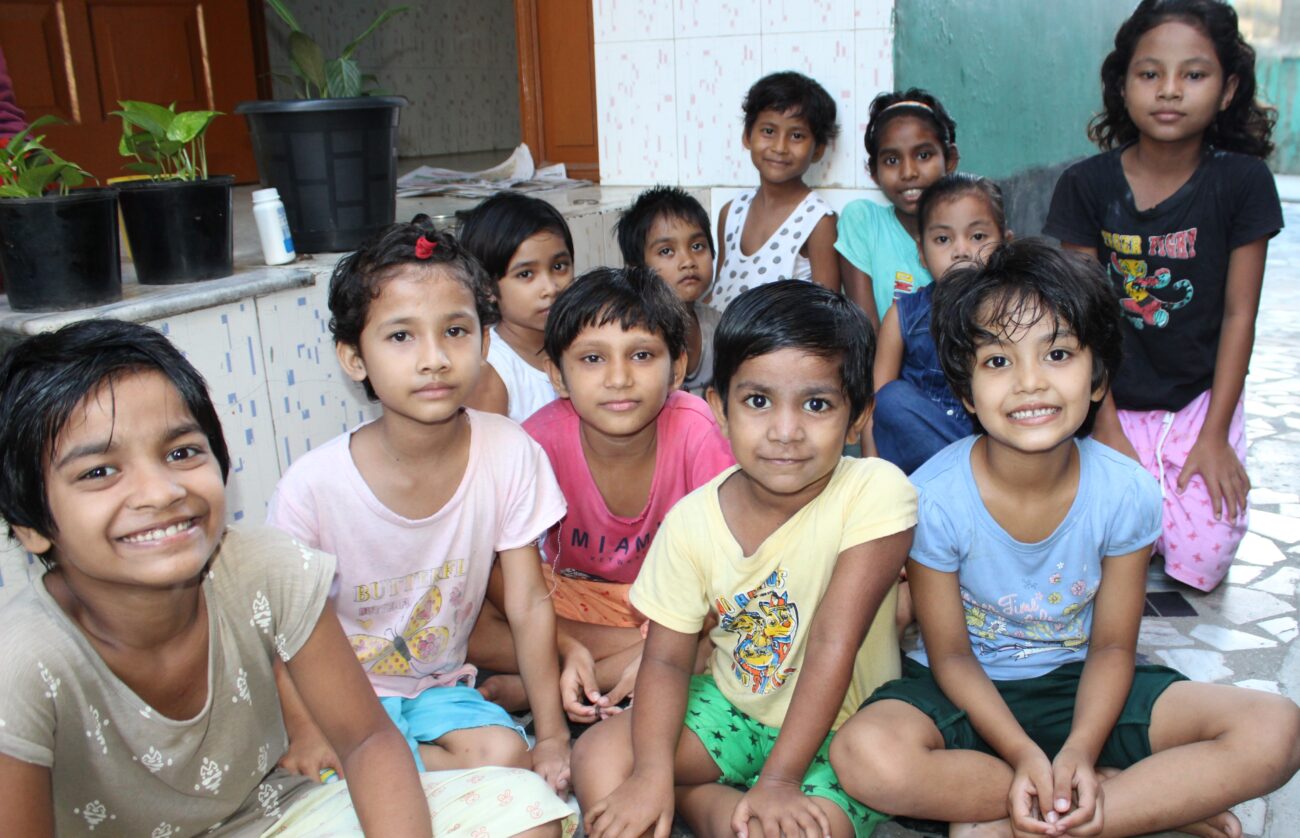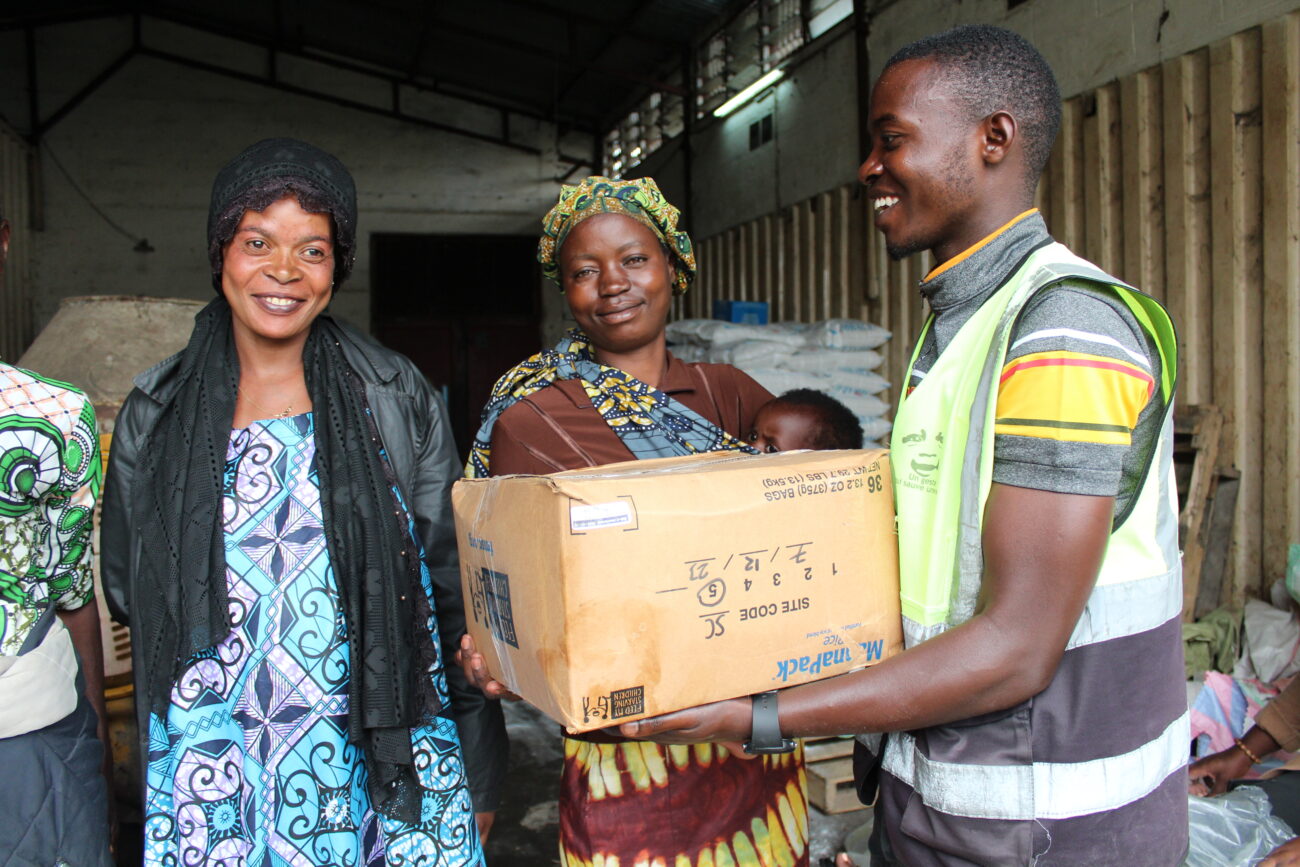El SALVADOR: Furniture donation from IRN impacts close to 900 students, enhancing their learning environments

(MissionNewswire) The Salesian-run Don Bosco University in San Salvador, El Salvador has received 586 pieces of furniture for its School of Rehabilitation Sciences and School of Aeronautics thanks to a recent donation made possible by an ongoing partnership between Salesian Missions and IRN (Institution Recycling Network). IRN matches surplus items with organizations and people who need them. Those impacted by the recent donation include 159 first-year students of rehabilitation sciences and 737 students of aeronautics.
Don Bosco University is one of the most prestigious institutions of higher education in the country, particularly in the technical and technology sectors. The university has close to 6,000 students and maintains a strong link to the local employment sector through research, technology transfer programs, continuing education courses and consultancy services. Degree programs are offered in engineering, social sciences, humanities, economics, technology and aeronautics, among others.
“Within all the careers that Don Bosco University has to offer, I chose to study rehabilitation sciences because I want to improve the quality of life for individuals with limb loss due to illness or accident. I want to reassure them not to lose hope despite their physical condition – they can overcome this and I am being trained to help them achieve their goals.” says Claudia Raquel Aguilar Velasquez, a Don Bosco University student and a recipient of the donation. “The donated furniture has been a wonderful addition to the program because not all of the students have access to adequate space at home to conduct the activities demanded by the program. We now have space and resources that will enhance the learning process.”
IRN was started in 1999 to match surplus items that need to be recycled with organizations and people who need them. Every educational, commercial and healthcare organization in the U.S. has surplus furniture and equipment. Hundreds of millions of people living in poverty or recovering from natural disasters worldwide are in desperate need of the kinds of surplus goods these very organizations are discarding. IRN makes the match and facilitates the distribution of the surplus into the hands of the organizations and people who need it most.
In addition to this donation, Salesian programs around the globe have received school and office furniture as well as workstations thanks to the partnership between Salesian Missions and IRN. In the past, IRN has sent shipments of furniture and workstations to Salesian sites in Haiti, the Philippines, Liberia and the Dominican Republic. Additional shipments have been sent to Nicaragua, Guatemala, Honduras, Paraguay and Togo.
Salesian missionaries are known for their education programs for youth around the globe. With countless elementary, secondary and university level educational centers as well as training and certification programs, Salesian missionaries are helping to provide a direct path out of poverty for many youth and their families. Programs rely on donations such as those provided by IRN to keep facilities functional for students and staff.
El Salvador is one of the most violent countries in Central America along with Honduras and Guatemala. Gang violence is a leading cause of violence in the country and it’s estimated that some 60,000 young people have gang affiliation. Gang involvement often offers a sense of belonging and family that counters the lack of education and employment opportunities offered in the country.
Close to 35 percent of El Salvador’s population lives in poverty, according to the World Bank. Youth in the country are confronted not only with poverty but with instability, high levels of violence and inadequate access to educational opportunities. Despite ranking high for economic indicators, the need for practical education is more important than ever with 12 percent of youth ages 15 to 24 unemployed and 41 percent underemployed.
###
Sources:




